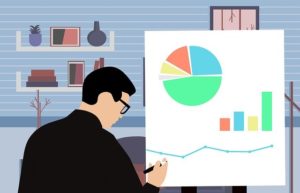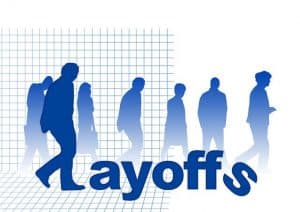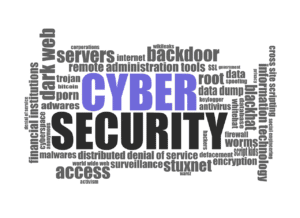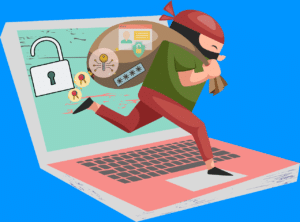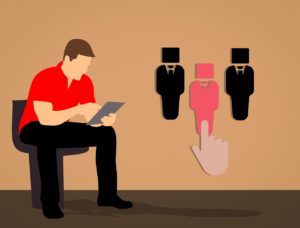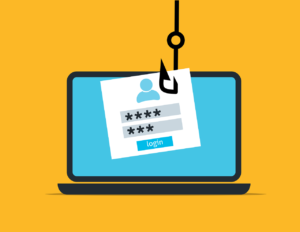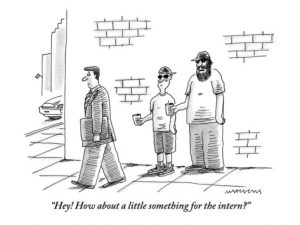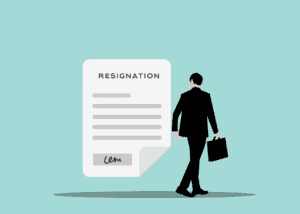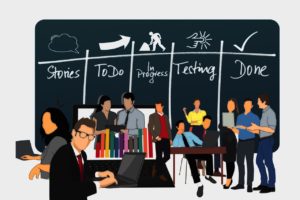No one saw COVID-19 coming! Neither did they anticipate that it would change the way people work and do business. It is undeniable that the pandemic that hit us a year ago has changed how HR supports employees and recruits new talent! As the vaccine is on its move, and businesses will start to reopen providing some sense of normality, how can HR help job seekers and employees in a post-COVID world?
How can HR help jobseekers in seeking employment post-COVID?
The Human Resource department is responsible for managing the full employee life cycle from; recruitment, onboarding, pay and compensation, learning & development, employee relations and compliance. To ensure that organisational objectives are achieved, the HR department hold the responsibility of talent acquisition. With the pandemic forcing many businesses to close, many have unfortunately been made redundant, making job hunting more competitive than ever. With a larger candidate pool, and shift to virtual recruitment, HR have adapted and transformed their recruitment processes and strategies to align with the current climate. As a HR professional, there are a few pointers that I will give you to gain a competitive advantage in seeking employment in a post-COVID world.
Tailor your CV for the ATS
To help manage extensive applications received for one job role, Human Resource departments and Recruitment Consultancies have Digital Applicant Tracking System’s (ATS). This system helps in scanning and ranking CV’s best fit for the advertised role. The HR team and recruiters will only review the CV’s that best fit. Therefore, it is important to format your CV to include key words that match the job description such as skills, experience, and qualifications.
Write a cover letter
As there are more applicants applying for the same role, one way to stand out and prove your enthusiasm towards the role advertised is by attaching a cover letter to your application. HR love to see that candidates have made that extra effort and demonstrate that they will be a committed employee who is willing to go the extra mile. Writing a cover letter could provide you with that competitive advantage.
Ensure you know about the company and the role you have applied for
When on the job hunt it is easy to lose track of all the applications that you have sent out. However, when HR phone screen potential candidates, they like to hear that the candidate is aware of the job role and company that they have applied for. To keep on top of your applications, it is advisable that you keep a list of the applications you have sent out and write a short description of the role and company, so that when HR call you, you can make that great first impression.
Update your online presence
We all have a social media account, whether it be LinkedIn, Facebook, or Twitter. These are perfect platforms for HR to gain more information about potential candidates to see if they are the best fit for the company. HR are looking to hire positive, conscious, and professional individuals. Ensure that your LinkedIn page is consistent with your CV. Also, make sure that your social media accounts such as Facebook and Twitter do not share negative posts, such as inappropriate behaviour, or detrimental comments regarding former employers. In simple words, keep your online presence professional, as it can affect your chances of landing your dream job.
How HR can help employees in the workplace post-COVID
Flexible Working
Across the globe, companies have been mandated to operate virtually, instructing employees to work from home (where possible). Working from home has become the new normal, which has given rise to greater support in a post-COVID world.
A study on the impact of working from home found that 86% of employers have acknowledged that employees are working productively, and 59% have advised that they will be more supportive of working from home in the future. With the pandemic proving that working from home and offering flexible working hours can improve performance, and help those with dependents manage their day, HR and senior leaders are seeing real benefits to managing a virtual workforce.
Before the pandemic, the government proposed a new Employment Bill to make flexible working a default position, unless employers have a good reason otherwise. Even though there is no update at this present time about the proposal, under current legislation, an employee with more than 26 weeks of service may make a formal request for flexible working. As flexible working and working from home is likely to remain post COVID-19, HR departments are here to help in providing guidance or training on maintaining a work-life balance, conduct home-work station assessments, provide homeworking policies, train managers on supporting employees and provide wellbeing support.
Well-Being
CIPD found that in the past year stress related absence has increased by 37%. The mental health charity Mind stated that 60% of adults have said their mental health has deteriorated since lockdown. This comes to no surprise when we are working from home, confined, and juggling home-schooling, which is inevitably affecting our work-life balance. Many of us have also suffered from bereavements, and not being able to see family. The fear of job security, returning to work and financial concerns also affects our mental health.
Under the Health & Safety Work Act, employers and HR have a duty of care to support the health, safety, and wellbeing of employees. Therefore, employers should adjust and make changes to support employee’s well-being. COVID-19 has prompted organisations to evaluate their well-being programmes and create new strategies to adapt to a new working environment.
Line Managers are trained on soft skills such as empathy, listening and flexibility to have one-to-one conversations with employees to spot signs for early intervention. Employees may feel reluctant to speak to HR or their Line Managers regarding their wellbeing, which is why some companies, who have the budget, have introduced an Employee Assistance Program to support with personal or work-related issues. This provides employees the opportunity to have on-to-one confidential conversations with a trained counsellor. Other companies have appointed Well-being Champions, who are existing employees that have been trained by clinical psychologists on how to help alleviate employee concerns. Whilst these well-being programmes may have been introduced due to the pandemic, they will still be around post-Covid-19, shaping a new and improved era to employee-wellbeing.
Workplace issues
Being treated unfairly at work, such as being bullied, discriminated against, harassed, or victimised remain significant workplace issues. Recent statistics show that 23% of people in the UK have experienced workplace bullying, 60% of women in the UK have been subject to some form of sexual harassment in the workplace, and 55% of employees have either witnessed, or experienced discrimination based on gender, age, race, religion or sexual orientation. Conversely, with more of us working from home and using online platforms to connect with colleagues, cyberbullying is now on the rise. Cyberbullying in the workplace can be as subtle as intentionally not including someone in a group chat but including other team members.
More serious methods of cyberbullying could be sending abusive or threatening emails to a colleague, making inappropriate comments about a colleague via messenger or circulating inappropriate images of a colleague.
Any type of bullying, harassment, or victimisation, including cyberbullying is a disciplinary offence. HR have clear policies setting out how to identify, report and deal with such offences, and should be easy to access on the company intranet. In some companies, HR will have introduced anti-bullying or wellbeing champions that can help with the mental wellbeing side and guide on the best steps to take moving forward. If the offence is not serious and you wish to resolve the issue informally, HR can help by mediating the workplace conflict. A grievance can also be raised to HR, where the situation will be dealt with formally. The appointed HR individual looking into the complaint will investigate the offence within a given time frame, and then decide on the appropriate disciplinary action against the offender.
Learning and Development
The HR department are here to help grow, develop, and empower employees to maximise their skills and competencies. At these unprecedented times, many are being furloughed, or maybe because business is remote, fear that employee development has come to a hold. Whilst face-to-face training has been put on hold, people development has adapted and shifted to creative alternatives such as e-learning, virtual training and online coaching and mentoring.
COVID-19 has raised the importance of content curation and offering employees course-content beyond their role-specific courses, such as offering wellbeing and financial training as well as training employees on soft skills such as listening and communication skills. Most organisations are offering their working and furloughed employees virtual training to upskill themselves. However, if you have not yet been offered any online learning or development, speak to your HR department, and see what can be offered. A recent Elucidat Survey also found that only 12% of organisations plan to revert to limiting themselves to in-person training.
Therefore, the shift in Learning and Development initiatives brings excitement for a post-COVID world, as HR will be helping employees develop themselves in more creative and engaging ways.
Due to COVID-19, the way the HR recruit and support employees has adapted, creating exciting opportunities for the future. Let’s utilise these changes to our advantage in a post-COVID world!
By Jasmine Panayides (Jasmine is a CIPD qualified HR professional and freelance writer. Jasmine lives in Glasgow and has a passion for HR and business psychology.)












